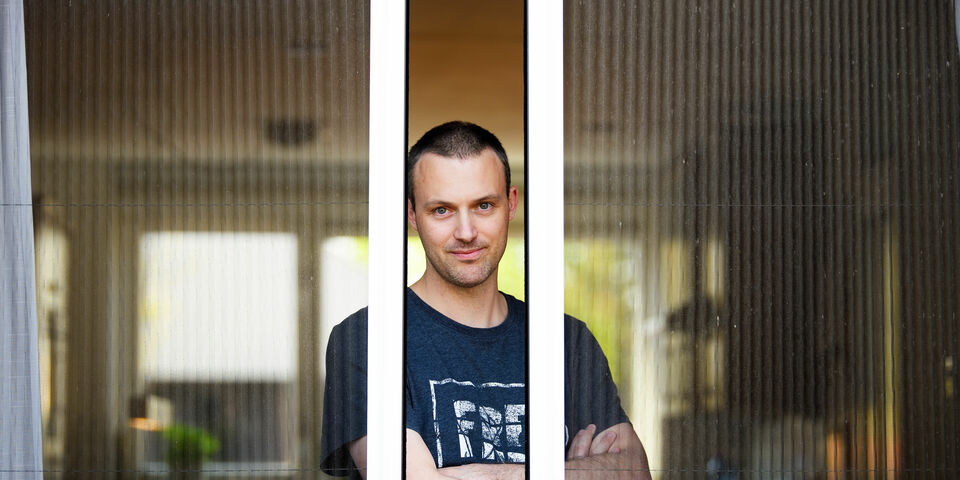Among professors
I am shocked by the recent reports about social safety at TU/e. Fifteen years ago, when I was working as a PhD candidate in a large research group, one of my colleagues angrily walked into my office. She had just been cleaning her tea mug in the pantry and heard an older, male colleague say: “That’s what I like to see, a woman in front of the kitchen sink.”
My female colleague was furious, and rightly so. That man (he has long since retired) meant what he said from the bottom of his heart. After my colleague had cooled down somewhat, the incident was largely ignored. Unfortunately, the same is true today.
Ten years ago at the time of the Diederik Stapel case in Tilburg, universities were quick to implement codes of conduct, which we all know by now. More than anything else, this case resulted in much damage to the international, scientific reputation of Dutch universities. Cases like these have an impact on student numbers and research financing, which is why people publicly took a standpoint, and why all of us sign codes of conduct today stating that we will behave like respectable scientists.
In the case of personal dramas such as the one experienced by Grace Prince, that Cursor reported about last week, appropriate action unfortunately leads to negative consequences for the institution. Everyone who’s read Prince’s story will think: “That professor should be fired". But firing an employee isn’t that simple. It takes years of documentation and an iron backbone from managers. And since the legal costs and transition payment weigh heavily on the budget, institutions prefer not to embark on this path. Especially when it involves a PhD candidate, because he or she will no longer be working at TU/e by the time all this has come to an end.
It’s only after victims come forward at their own initiative and under their own name that people may suffer reputational damage, but I have yet to encounter the first colleague who is willing to take that risk.
Sadly, Mechteld Hogenbrink’s observation, the anonymous PhD candidate that also told her story in the aforementioned Cursor article, that many scientists are too dependent on their supervisors for their scientific careers is true. This is why those careers, for which they had been training all these years, will likely come to an end once they come forward with their stories. Even third parties who publicly speak out are at risk of becoming an outcast within their own department.
Like my colleague at the time, most people simply don’t bother to take action. And when they do, the guilty party will be transferred to a different department, at best, but only after having showed extremely transgressive behavior.



Discussion